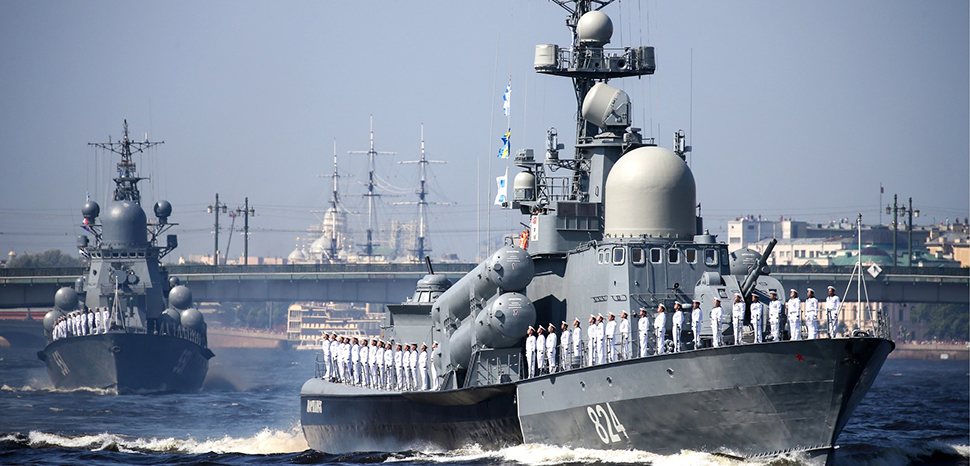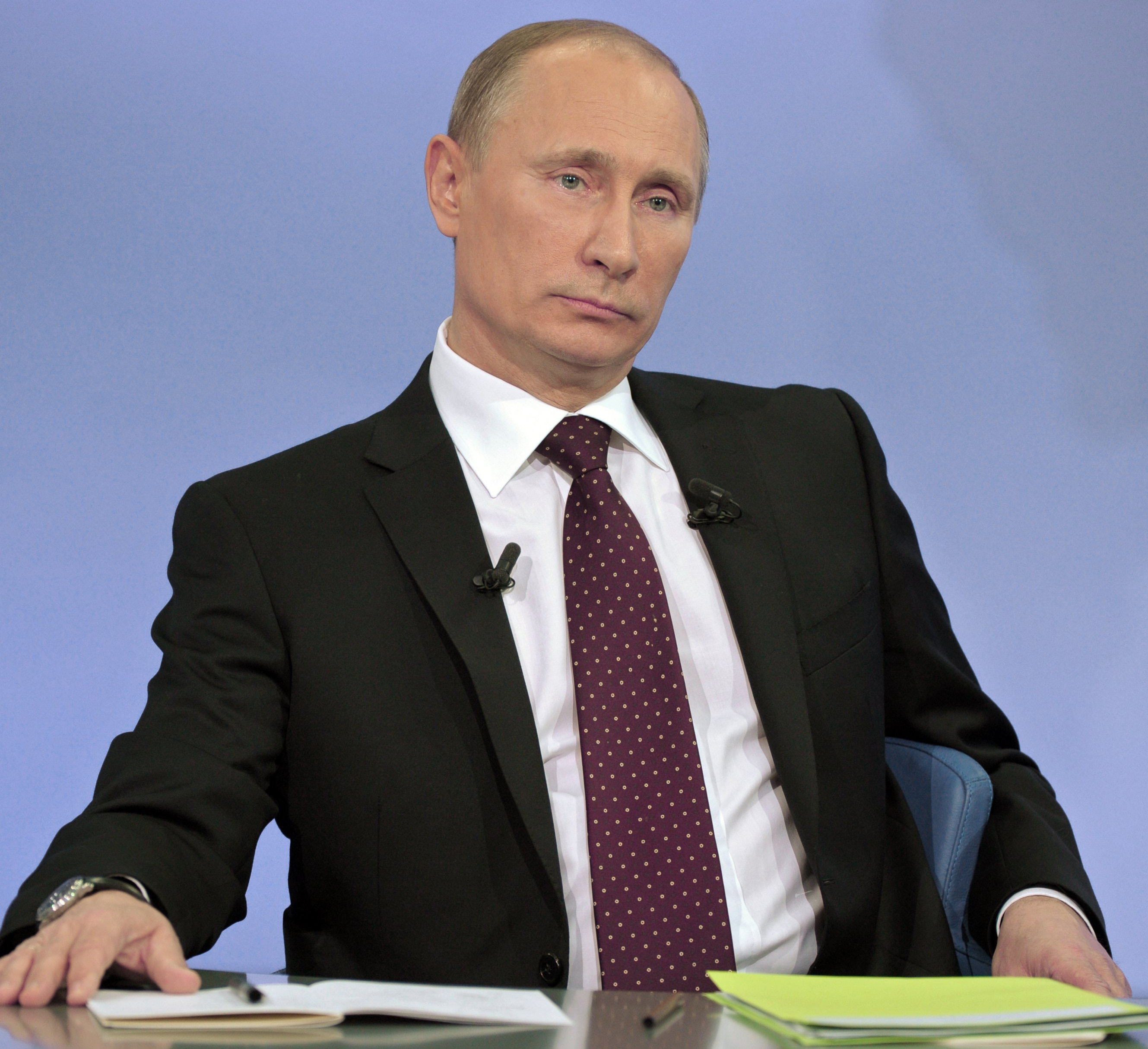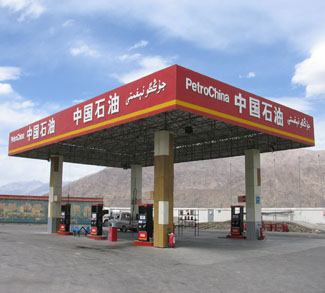Russia’s intentions to station a portion of its Black Sea navy in the separatist Abkhazia may push the Russia-Ukraine conflict dangerously close to Georgia. So far, Georgia has handled the security challenges posed by Russia’s invasion of Ukraine. However, the shifting topography of the war is fueling the Georgians’ worries of getting trapped in the crossfire.
Aslan Bzhania, the leader of separatist Abkhazia, recently stated that Russia will soon establish a naval facility in Ochamchire, roughly 24 miles from the administrative boundary line with Georgia. The objective is to “improve the defensive capacity of both Russia and Abkhazia,” he told the Russian newspaper Izvestiya.
The persistent fog of war surrounding Ukraine’s counteroffensive is apparently prompting Russia to withdraw a large portion of its Black Sea navy from the annexed Crimean Peninsula in search of safer choices.
The majority of the navy has withdrawn to Novorossiysk, Russia, although part of it may be deployed closer to the southeast, to Ochamchire. It is alleged that warships in Ochamchire would take part in strikes on Ukraine’s civilians, making them valid targets for the Ukrainian military. The Ochamchire port is not sufficiently deep to handle Russia’s largest battleships, but it can anchor smaller ships/vessels and begin setting up resupply and logistical activities.
Following a number of rocket assaults on its Black Sea navy forces and fleet by Ukraine, Russia’s withdrawal toward the east of the Black Sea implies that the Russian military, in this case, the navy, may be restrained. Ukraine’s effective missile attacks on the Russian navy have rendered Crimea an unwelcome operating environment for Russia. Currently, the Kremlin is contemplating a permanent movement towards the east, away from the occupied Ukrainian territories. This suggests that Russia is concerned about its ability to continue moving further west in Ukraine, or because Russia is prepared to move its forces away from Ukraine and toward the occupied territory of Georgia.
While the government of Georgia has been cautious with Russia since its war on Ukraine, Georgia has expressed alarm over the installation. “These acts represent an unjust assault on Georgia’s sovereignty and territorial integrity, and yet another aggressive move toward justifying the illegal occupation of Abkhazia and Tskhinvali regions,” the Georgian MFA stated in a press release.
However, Georgia is unable to thwart Moscow’s ambitions for its two occupied puppet entities, Abkhazia and Tskhinvali. Russia keeps a substantial force in both de-facto territories and keeps their economy viable, despite their status as sovereign republics. Bzhania, in addition to declaring intentions for the naval facility, expressed his willingness to become part of the Union State set up between Russia and Belarus.
A continuous Russian naval presence in Abkhazia may turn the territory into an extra front, or flexible reserve, enabling the war against Ukraine, and perhaps stretching the battle into Georgia. An Abkhazian navy station would not only allow Russia to carry out assaults from the Georgian shoreline, but it would also make Tbilisi face the danger of turning into a target for anti-Russian strikes.
Russia will also gain new leverage to hinder Black Sea economic activity, and establish indirect influence over the construction of the Anaklia deep sea port project, seen as a fundamental knot for bolstering regional connectivity in the framework of the Middle Corridor project expansion. Therefore, it is natural to assume that the establishment of this base can pose a threat to pan-Eurasian supply chains and trade routes, which will be enhanced through the construction of the Anaklia deep sea port, a project that fundamentally undermines Russia’s role in Eurasian trade operations.
While Georgian experts are worried that Russia’s war against Ukraine could produce a chain reaction in Abkhazia and Tskhinvali, and Russia’s military presence on Georgia’s Abkhazian coastline is causing concern. While it was believed that Ukraine would divert Russia’s attention away from the rest of its military activities, the possibility of building a naval base within Abkhazia suggests that Moscow continues to maintain other regions occupied by them. The Kremlin will keep using its conquered areas. In addition to that, the prolonged existence of this naval facility demonstrates that Russia is ready for a protracted conflict in Ukraine.
Besides the South Caucasus, the creation of yet another Russian station in the Black Sea amid Ukraine’s war demonstrates Russia’s desire to blockade Ukraine, particularly its agricultural traffic to Africa and Asia. This puts the Caucasian states’ imports and/or exports at risk. As a result, the new naval base constitutes an implied threat to expand the conflict into other areas. If and when this war escalates or other crises in the Caucasus erupt, this facility will be critical for offering an infrastructure for Russian demonstration of force.
Moscow’s most recent moves to bolster its influence in the area appear sloppy and unpredictable. Supporting breakaway administrations while expecting a growth of pro-Russian attitudes in Georgia looks contradictory. The more the Kremlin exploits the occupied territories against Tbilisi, the more it weakens the position of the Georgian Dream government that is trying to maintain neutrality. These policies have also discredited some of the pro-Russian reactionary/radical parties in Georgia. The decision to build this base additionally conveys a signal to the marionette regime in Abkhazia, which has grown increasingly concerned about Russia’s deteriorating standing in the area in light of their deadlock in Ukraine’s and Azerbaijan’s latest anti-terrorist campaign in Karabakh. Fundamentally, this decision underlines Russia’s willingness to potentially annex Abkhazia through establishing such a base, possibly even in a de-jure fashion, even more so exacerbated by the Union State offer made by Bzhania and the fact that more and more Abkhazian lands are being transferred and given to the Russian elite and even Putin himself.
In a conversation with Abkhazia’s de-facto Security Council Secretary, Sergei Shamba and Vakhtang Kolbaya, former chairman of the Autonomous Republic of Abkhazia, Shamba pointed out that the Georgian-Abkhaz hatred and differences should not burden younger generations, offering encouragement to make use of prospects for mutually beneficial peaceful relations. Sergei Shamba’s words and involvement in this discourse were treated with much uncertainty in occupied Abkhazia, where Georgians are widely despised.
There is a notion, which has no factual foundation but could be entertained, that the Kremlin ordered the puppet government of Abkhazia to come to terms with Georgia, speculating that Moscow wanted to restore railroad connectivity through the Abkhazian land and open the Sukhumi airport with the cooperation of Tbilisi. These potential peace talks will most probably have a negative effect on both Georgia and pan-Eurasian connectivity, as this probably seeks to undermine the supply chains and trade operations of the Middle Corridor. It will undermine Georgia’s regional position and geopolitical standing, particularly the hopes Tbilisi puts on Anaklia’s would-be deep sea port in terms of its importance in the framework of the Middle Corridor and other important trade routes and corridors.
The endgame of the Russian Federation in this particular case would be to create its very own supply route/corridor, which goes as follows, according to a Russian businessman close to the Kremlin: Iran-Azerbaijan-Georgia (Marneuli)-then going through Abkhazia-reaching Russia as an endpoint. By doing this, Russia is solidifying its position in the South Caucasus and driving out China, thereby reducing Chinese influence by having more leverage over supply chains and trade routes in the region. It can also serve as a bargaining chip for the Russians vis-à-vis the Chinese to demand something more in return for safe trade routes.
On top of that, in light of Russians making various efforts to ensure that the railway connection is established between Russia and Armenia, the Abkhazian normalization issue should be ringing alarms, as it could change the status quo of South Caucasian connectivity.




